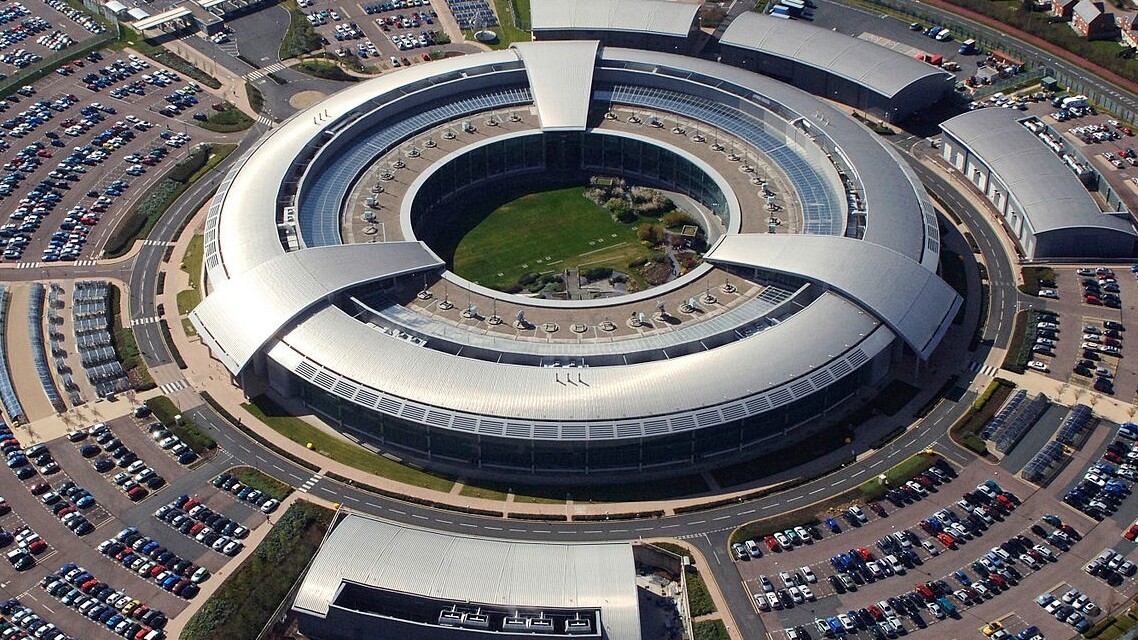
Members of the British Parliament are currently hunched over calculators trying to figure out what it might cost to store surveillance data if the anti-privacy laws from the recently published Investigatory Powers bill come into force.
The proposed legislation will require internet service providers to store records of every user’s browsing activity for 12 months and provide access to them whenever law enforcement and security agencies ask.
The BBC notes that the UK government has said it will provide £175 million ($266 million) to ISPs over 10 years to pay for data to be gathered and stored.
Will that be enough? The government isn’t yet clear on exactly what it wants recorded, or even what it might do with that data. And there’s also the issue of analyzing those mountains of records.
Mass surveillance causes more problems for security agencies than it solves. In the US, the National Security Agency’s PRISM program to collect metadata about telephonic and electronic communication from across the entire nation was said to have aided in foiling two terrorist plots over several years — but even those cases are being disputed.
Besides storing and analyzing data, security agencies also have to ensure that it is accessed only by authorized personnel and kept out of malicious hackers’ clutches. Without the ability to secure such vast troves of data, these records become more of a liability from a national security standpoint than an effective crime-fighting tool.
All these functions cost money, and lots of it. This year’s anti-privacy measure in the UK only seeks to record browsing history — what if it later extended to cover phone calls? The costs would skyrocket, without necessarily providing justifiable benefits.
To put a number to it, let’s look at Gizmodo’s calculations of how much the NSA may have spent recording every call made in the Bahamas. The island nation has a population of about 320,000, and it would cost at least $3.4 million a year to store all calls made in the country.
The UK has roughly 200 times that many people, so storing 64 million citizens’ calls would cost about $680 million. That doesn’t account for data processing, mind you. It’s a good thing the House of Commons is only considering storing browsing history for now and not phone calls.
High costs and low success rates don’t add up to a good solution to a difficult problem. Mass surveillance burdens taxpayers, invades citizens’ privacy and does little to keep people safe. It’s time to rethink our methods for preventing crime and terrorism.
Get the TNW newsletter
Get the most important tech news in your inbox each week.





